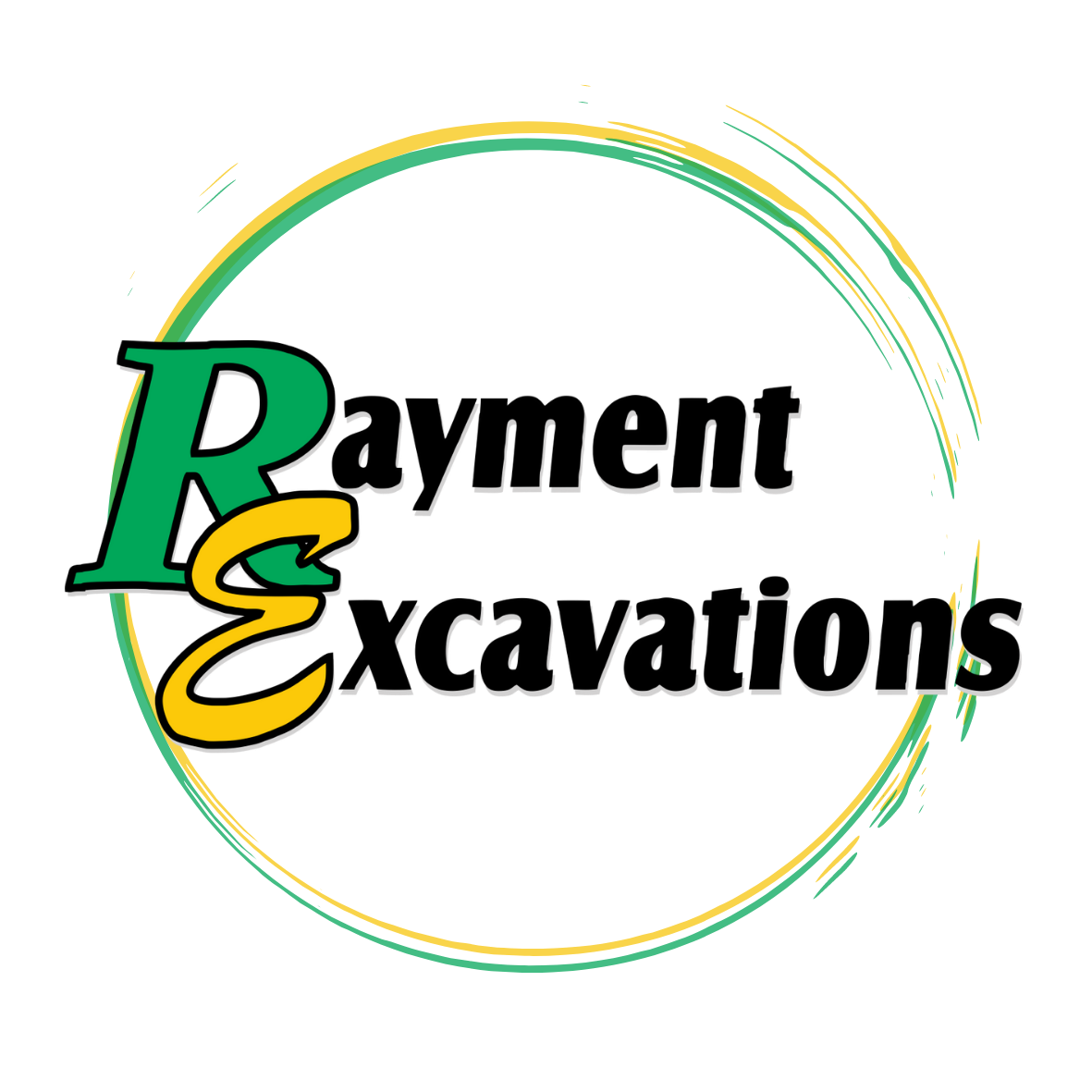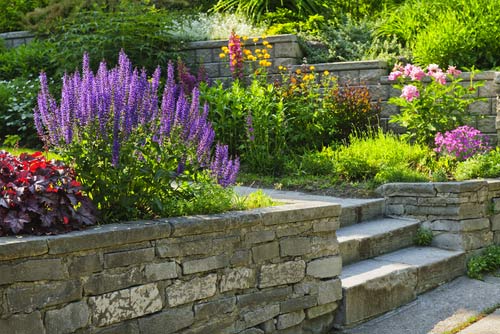Rock Walls
Gladstone
Civil, Residential & Commercial Solutions
At Rayment Excavations in Gladstone, we build custom non-structural rock walls in all sizes. We can build rock walls from a wide range of different materials including granite, all from our own quarry.
Non-structural rock walls can add both beauty and functionality to any property while potentially creating more useable outdoor space, especially on a sloping block.
Rock Walls Gladstone
Civil, Residential & Commercial Solutions
At Rayment Excavations in Gladstone, we build custom non-structural rock walls in all sizes. We can build rock walls from a wide range of different materials including granite, all from our own quarry.
Non-structural rock walls can add both beauty and functionality to any property while potentially creating more useable outdoor space, especially on a sloping block.
Rock Walls Gladstone
Civil, Residential & Commercial Solutions
At Rayment Excavations in Gladstone, we build custom non-structural rock walls in all sizes. We can build rock walls from a wide range of different materials including granite, all from our own quarry.
Non-structural rock walls can add both beauty and functionality to any property while potentially creating more useable outdoor space, especially on a sloping block.
Everything You Need To Know About Non-Structural Rock Walls
Designing & Building A Rock Wall
Before building your rock wall, we'll consider a variety of factors, including location, soil type and drainage systems.
In regards to location, we’ll take into account:
- Property lines
- Above-ground and below-ground utilities, including irrigation and stormwater management systems
- Excess soil
- Natural drainage patterns
- Surcharge loads (fencing, driveways, swimming pools etc.)
- Temporary construction equipment
All soil which will be used to create the base or foundation of your retaining wall will be examined carefully to ensure it has the strength required to support the structure.
This includes the type, stress parameters, bearing capacity and friction angle of the soil. As a general rule of thumb, we’re looking for a base soil which is solid, firm and strong (it shouldn’t be wet, such as clay).
In terms of drainage, we’ll need to identify any potential surface water sources and confirm any drainage systems running adjacent to the wall have been accounted for.
Doing this helps to minimise the amount of hydrostatic pressure any groundwater could create.
Types Of Rock Walls
At Rayment Excavations, we can design and install all four non-structural rock wall types, which are reinforced soil, sheet pile, cantilever and gravity.
Gravity rock walls
- There are three main types of gravity retaining walls, which are Gabion basket, concrete block and inclined gravity. They are designed so that their mass holds back the retained earth.
Cantilever rock walls
- These walls are L-shaped, with the long leg of the bottom section filled with retained materials or earth. Cantilever retaining walls are typically built from reinforced concrete and concrete blocks, piles or reinforced masonry.
Reinforced soil rock walls
- As the name suggests, this type of retaining wall is constructed using soil. The structure must be built in layers and the soil used must be solid in order for it to work. We normally advise our clients to clad the face of the wall in concrete or stone to protect it from erosion.
Sheet pile rock walls
- Sheet pile walls are usually designed to retain water, earth and other filling materials, so they are commonly used for waterfront structures and riverbank protection.
Advantages Of Non-Structural Rock Walls
Some of the advantages include:
Level out the land
- A steeply sloped yard can limit your options for landscape design, create drainage problems and restrict where you can have a patios and seating.
- The skilled team at Rayment Excavations can level out a space and add a rock wall, using stylish granite rocks.
Control Runoff
- Depending on where a building or structure is positioned on a sloping block, soil erosion can be a threat to the foundation of the building.
- A custom designed rock wall will divert water away from the building and into a drain, preventing water from pooling around the foundations and eroding the soil.
Personalise Your Space
- While rock walls have a practical purpose, they can also be a powerful design feature. There are plenty of options when it comes to selecting the material, height, width and design.
- A rock wall can be the landscaping feature, or it can be designed to look less intrusive, allowing other garden features to be the central attractions.
How do I know if I need a rock wall?
- As well as being a landscaping design feature, retaining walls are used as support to hold soil within a specific space, to prevent it from washing away. They can also be designed to direct water into or away from an area, to ensure efficient drainage, preventing water from pooling and causing instability or erosion.
How much does a non-structural rock wall cost?
- Once we have designed your rock wall, the cost of the project can be calculated. A number of factors will influence the final price, including:
- The type of wall you choose
- The height and length of the wall
- The volume of earthworks required
- The ground condition
- The location of your project
- Access to the site for all machinery
- To get a more accurate idea of the work involved, please get in touch with us to arrange a site visit and start designing!
Everything You Need To Know About Non-Structural Rock Walls
Designing & Building A Rock Wall
Before building your rock wall, we'll consider a variety of factors, including location, soil type and drainage systems.
In regards to location, we’ll take into account:
- Property lines
- Above-ground and below-ground utilities, including irrigation and stormwater management systems
- Excess soil
- Natural drainage patterns
- Surcharge loads (fencing, driveways, swimming pools etc.)
- Temporary construction equipment
All soil which will be used to create the base or foundation of your retaining wall will be examined carefully to ensure it has the strength required to support the structure.
This includes the type, stress parameters, bearing capacity and friction angle of the soil. As a general rule of thumb, we’re looking for a base soil which is solid, firm and strong (it shouldn’t be wet, such as clay).
In terms of drainage, we’ll need to identify any potential surface water sources and confirm any drainage systems running adjacent to the wall have been accounted for.
Doing this helps to minimise the amount of hydrostatic pressure any groundwater could create.
Types Of Rock Walls
At Rayment Excavations, we can design and install all four non-structural rock wall types, which are reinforced soil, sheet pile, cantilever and gravity.
Gravity rock walls
- There are three main types of gravity retaining walls, which are Gabion basket, concrete block and inclined gravity. They are designed so that their mass holds back the retained earth.
Cantilever rock walls
- These walls are L-shaped, with the long leg of the bottom section filled with retained materials or earth. Cantilever retaining walls are typically built from reinforced concrete and concrete blocks, piles or reinforced masonry.
Reinforced soil rock walls
- As the name suggests, this type of retaining wall is constructed using soil. The structure must be built in layers and the soil used must be solid in order for it to work. We normally advise our clients to clad the face of the wall in concrete or stone to protect it from erosion.
Sheet pile rock walls
- Sheet pile walls are usually designed to retain water, earth and other filling materials, so they are commonly used for waterfront structures and riverbank protection.
Advantages Of Non-Structural Rock Walls
Some of the advantages include:
Level out the land
- A steeply sloped yard can limit your options for landscape design, create drainage problems and restrict where you can have a patios and seating.
- The skilled team at Rayment Excavations can level out a space and add a rock wall, using stylish granite rocks.
Control Runoff
- Depending on where a building or structure is positioned on a sloping block, soil erosion can be a threat to the foundation of the building.
- A custom designed rock wall will divert water away from the building and into a drain, preventing water from pooling around the foundations and eroding the soil.
Personalise Your Space
- While rock walls have a practical purpose, they can also be a powerful design feature. There are plenty of options when it comes to selecting the material, height, width and design.
- A rock wall can be the landscaping feature, or it can be designed to look less intrusive, allowing other garden features to be the central attractions.
How do I know if I need a rock wall?
- As well as being a landscaping design feature, retaining walls are used as support to hold soil within a specific space, to prevent it from washing away. They can also be designed to direct water into or away from an area, to ensure efficient drainage, preventing water from pooling and causing instability or erosion.
How much does a non-structural rock wall cost?
- Once we have designed your rock wall, the cost of the project can be calculated. A number of factors will influence the final price, including:
- The type of wall you choose
- The height and length of the wall
- The volume of earthworks required
- The ground condition
- The location of your project
- Access to the site for all machinery
- To get a more accurate idea of the work involved, please get in touch with us to arrange a site visit and start designing!
Contact us today and request our experienced Rock wall team to get your project started!
Our services are available throughout Gladstone and wider Central Queensland.
Contact us today and request our experienced Rock wall team to get your project started!
Our services are available throughout Gladstone and wider Central Queensland.









